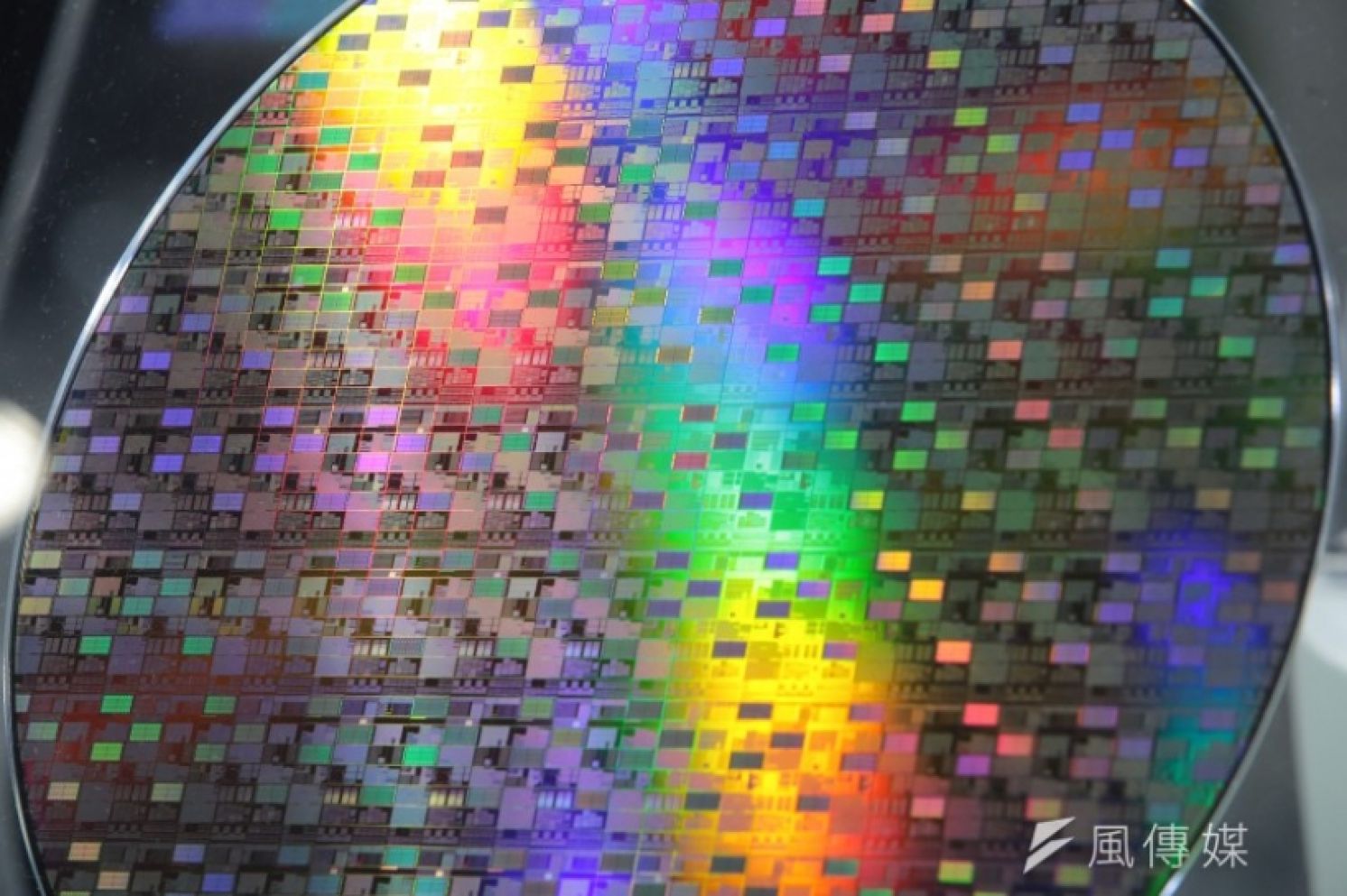
Not Improbable to Remove Taiwan from Semiconductor Industry:It's Happening Now
The Storm Media Editorial, October 28, 2022
Minister Kung Ming-hsin of the National Development Council stated that it is improbable to remove Taiwan’s semiconductor industry because this would stop the operation of the world. His opinion is both confusing and short-sighted, because the removal of Taiwan’s semiconductor industry is certainly happening now.
From the beginning of the U.S.-China trade war and science and technology war, the semiconductor industry has appeared on the stage of geopolitical competition. With the recent rise of tension across the Taiwan Strait, Taiwan has become the high-risk area in geopolitics, many countries are reinforcing their semiconductor manufacturing, and people are worried whether Taiwan’s semiconductor industry would be replaced.
During interpellation at the Legislative Yuan, Minister Kung said the possibility is low that Taiwan’s semiconductor industry would be removed, because if it comes true, then the whole world would almost stop operating. According to Minister Kung, Taiwan’s manufacturing, packaging, and testing of wafers occupy about 60 percent of the global market, and no other country in the world can replace this role. On the contrary, because the United States puts restrictions on China’s chips, some businesses are leaving China, and talents and manufacturing capabilities are moving to Taiwan.
Minister Kung’s opinion looks true but is really incorrect. Taiwan’s capabilities in manufacturing, packaging, and testing of wafers occupy 60 percent globally, and the cutting-edge technology occupies 70 to 90 percent of the global market. No matter how to calculate the percentage, Taiwan controls the cutting-edge technology in manufacturing semiconductors. If Taiwan suddenly stopped manufacturing semiconductors, the global production, economy, and supply chain would certainly be in big chaos and even stop operating for a short period.
But the fact that Taiwan holds such a huge power in manufacturing semiconductors does not mean that the semiconductor industry is not trying to remove Taiwan. As a matter of fact, just because Taiwan enjoys such high capabilities, the big powers want to replace Taiwan, so that if there are contingencies across the Taiwan Strait, the supply of semiconductors, especially the advanced technology, would not be stopped.
Why the United States, Europe, Japan, and China have been reinforcing and upgrading their own capabilities in semiconductor manufacturing? From the point of the individual countries, for the sake of national security and economic and industrial stability, they have to avoid or reduce the risks and decrease their dependency on a single source—Taiwan. But from Taiwan’s point, other countries’ measures in decreasing dependency on Taiwan’s semiconductor manufacturing is aimed at replacing Taiwan. This phenomenon is certainly happening now, and saying it is improbable is just self-deceiving.
If one thinks that since Taiwan controls half of the global semiconductor manufacturing, and its status is unshakable, this is both ignorant and short-sighted. Because if other countries strengthen their efforts in removing Taiwan and Taiwan does not respond correctly, the replacing of Taiwan my come true.
One can learn from the case of Japan and take it as an example. Japan’s semiconductor industry was calling the shots at one time. In the 1980’s, Japan controlled a large portion of global semiconductor market. Five out of ten biggest semiconductor manufacturers were Japanese companies in 1985. Japanese semiconductor manufacturers controlled half of the global market in 1988, but because of various factors, including the U.S. policy in suppressing Japanese semiconductors, Japan finally faded out of the semiconductor industry.
The key factor was the 1986 U.S.-Japan agreement on trade in semiconductor products. Japan thinks the agreement was the main reason for the decline of Japan’s semiconductor industry. One can see the U.S. overbearing measures and its attitudes towards an ally. There are two most important provisions in the above agreement; the first one is the price of Japanese semiconductor products cannot be lower than that set by the U.S. Department of Commerce. In other words, the United States decided the selling price of Japanese semiconductor products.
The second provision of the agreement is Japan has to make sure the market share of American semiconductor products in Japan be increased from 8.5 percent to 20 percent. This means that even if the American products were not competitive, Japan had to help them to increase their market share. Although Japan adopted measures to respond to the U.S. policy, but to avoid the U.S. suppression, Japan’s semiconductor manufacturing gradually moved to Taiwan and South Korea, creating their prosperous era of semiconductor industry and the decline of Japanese semiconductor industry.
Therefore, there is no need to whitewash the fact that many countries are removing Taiwan’s semiconductor industry. The removal is clear when Secretary Gina Raimondo of the U.S. Department of Commerce said when she thinks that 90 percent of the chips are purchased from Taiwan, she is awake at night. Taiwan’s officials should not deny the removal of Taiwan is happening now. What Taiwan and government officials should think and plan is not to argue whether the removal is happening, they should try to defeat it and let Taiwan continue to enjoy the maximum share of cutting-edge manufacturing. To say that the world would cease to operate if Taiwan stopped the manufacturing of semiconductors is to describe the current situation. In order to avoid this from happening, many countries are trying to replace Taiwan, and if they succeeded, then the situation would be different 10 or 15 years from now.
One should not think because Taiwan’s market share is big, so it is impossible to replace Taiwan; just refer to the Japanese case. Likewise, one should not think because the United States is an ally and friend, it will not hurt Taiwan, and Taiwan should follow the United States all the way; there is no need to say more, just refer to the Japanese experience directly.